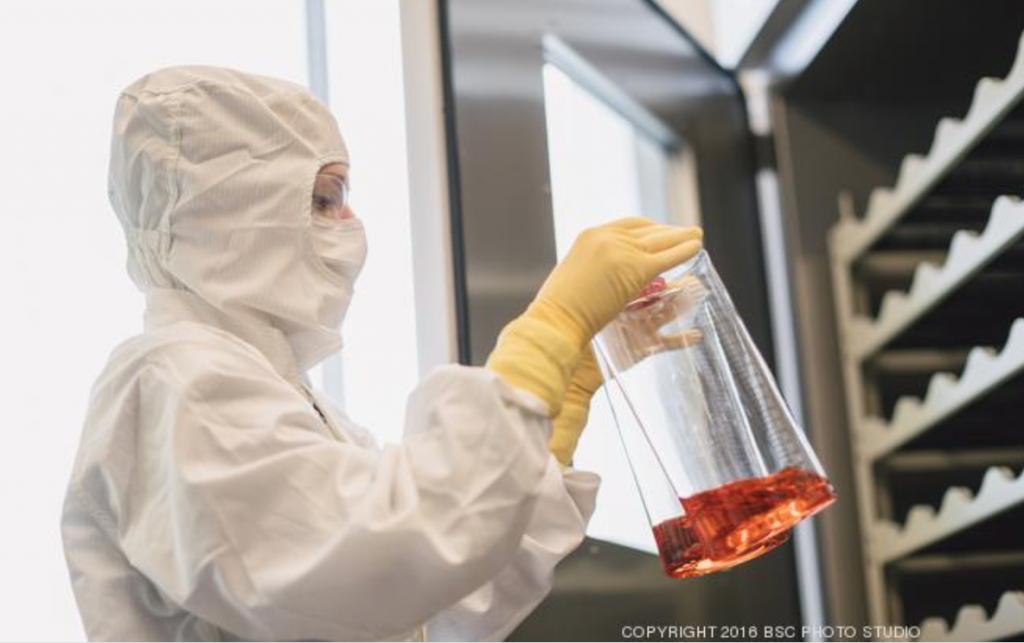Voucher sale brings $110M payday for Spark Therapeutics
By John George Senior Reporter, Philadelphia Business Journal
Spark Therapeutics is taking advantage of a perk in a Food and Drug Administration program for a nine-figure payday.
The Philadelphia gene therapy company said Monday it has sold its rare pediatric disease priority review voucher to Jazz Pharmaceuticals for $110 million. Spark will receive the payment once the transaction closes.
Companies become eligible for the voucher when they receive a rare pediatric disease designation for a new drug candidate. The designation is given to experimental therapies targeting serious or life-threatening diseases that affect fewer than 200,000 individuals in the United States.
The voucher can be used by a company to receive an accelerated review of any subsequent new drug application. It can be worth big money for a company that is in a race with competitors to develop a new drug candidate for a particular condition. The FDA allows such vouchers to be sold as an inducement to get biopharmaceutical companies to pursue new therapies for rare pediatric conditions.
“The sale of our [priority review voucher] will provide an influx of capital to reinvest back into the research and development of our robust pipeline of investigational gene therapies that may provide benefits for people with limited treatment options,” said Joseph W. La Barge, chief legal officer of Spark Therapeutics (NASDAQ: ONCE), in a statement.
Jazz Pharmaceuticals is based in Dublin, Ireland, and has U.S. operations in Philadelphia; Ewing, N.J., and Palo Alto, Calif. The company focuses on developing products for cancer and blood disease and sleep disorders.
Fibrocell (NASDAQ: FCSC), an Exton cell and gene therapy company, has received two rare pediatric disease designations – giving it the potential to be awarded two vouchers if both products receive FDA approval.
In an interview last year, Fibrocell CEO John Maslowskisaid vouchers attract a lot of interest when put on the auction block.
“A voucher can accelerate a review from 10 months to six months,” Maslowski said. “For a company like us, the great thing is you can sell the voucher to another entity and use proceeds for product development costs. … It’s like a Monopoly card. It’s a nice thing to be able to hold onto.”

